“Death with dignity is better than a life of humiliation.”
— Imam Hussain Ibn Ali (A.S.)
Millions around the world mourn the martyrdom of Imam Hussain (A.S.) on the day of Ashura, the 10th of Muharram. Muharram is a deeply tragic month—not only for Muslims but for anyone who has read about the tragedy of Karbala. It compels us to revisit the values Imam Hussain (A.S.) stood for in the blistering heat of Karbala, alongside his family and loyal companions, all for the sake of Islam.
As Maulana Mohammad Ali Johar aptly wrote:
Qatl-e-Hussain asl mein marg-e-Yazid hai.
Islam zinda hota hai har Karbala ke baad.
Hussain (A.S.) stood valiantly with his small army of 72 loyal companions: 32 horsemen and 40 foot soldiers, ranging in age from the seventeen-year-old Muslim bin Ausajah to the fourteen-year-old Qasim bin Hassan (A.S.). Opposing them were thousands of men under Yazid’s command, including approximately 500 cavalry.
Hussain never initiated the battle; he never intended to fight. But when it became clear that he would never bow to tyranny or pledge allegiance to an oppressor like Yazid—the Umayyad caliph known for drinking in public and indulging in music and debauchery—he stood firm. Yazid sought bay’ah (allegiance) from Hussain Ibn Ali (A.S.) to legitimise his rule, knowing Hussain was revered by the Ummah as the grandson of the Holy Prophet Muhammad (PBUH) and son of Ali Ibn Abi Talib and Lady Fatima. But a man like Hussain (A.S.) could never pledge allegiance to a man like Yazid. And so, he gave his life in resistance for Islam.
The story of Karbala is heart-wrenching. Regardless of religion or sect, anyone who reads about it is left with tears in their eyes and pain in their heart. One question lingers: how did the Imam bear so much suffering? Wasn’t he the beloved grandson of the Prophet Muhammad (PBUH), the son of Lady Fatima? Still, the Ummah—for the sake of worldly positions and out of fear—abetted the killing of Ahlul Bayt, the family of the Prophet.
As the mournful month of Muharram returns each year, it brings with it the searing tale of Karbala. As the Imam and his companions journeyed through the desert, Yazidi forces attempted to intercept them at every point to coerce Hussain (A.S.) into submission. Yet Hussain chose death over allegiance.
At one point, 1,000 troops under the command of Hurr intercepted Hussain’s caravan. When they reached the horizon, the Imam ordered his people to pitch tents nearby. It was a scorching day, and Hurr’s army had run out of water. Hussain (A.S.), unwilling to see even his enemies suffer, instructed his men to offer water to Hurr’s troops and their horses.
On the tenth day, Hurr regretted his mistake, sought forgiveness from Hussain (A.S), and turned against Yazid’s forces, ultimately embracing martyrdom.
By 7th Muharram, the oppressors had completely cut off access to water for Hussain’s camp, hoping he would surrender. Perhaps they forgot that they stood before the son of the Conqueror of Khaybar and the grandson of Prophet Muhammad (PBUH). Hussain (A.S.) remained steadfast, facing every hardship with grace and dignity.
Then came Ashura—the most tragic day in human history.
The day began with the Azaan of young Ali Akbar, the son of Imam Hussain (A.S.). All 72 companions offered Fajr prayer before entering the battlefield. The battle lasted from Fajr to Asr. Imam Hussain (A.S.) bade farewell to each of his companions, personally carrying their bodies after they fell.
Then came the turn of the Banu Hashim. It was one of the most agonising moments of Hussain’s life: pulling the brutal spear from the chest of his 18-year-old son, collecting the shattered body of young Qasim bin Hassan (A.S.), picking up the severed arms of his half-brother Abbas—the standard-bearer of his army—and removing the arrow from the throat of his six-month-old son, Ali Asghar, before wiping his blood on his own face.
One cannot even fathom how Hussain (A.S.), after three days of thirst and hunger, buried 71 bodies—alone.
This was the same Hussain whom the Prophet had kissed on the eyes and neck, knowing that one day he would be martyred by his own Ummah under the blazing sun of Karbala.
Now, drenched in blood and with his companions martyred, Hussain (A.S.) bid farewell to the womenespecially his sister, Lady Zainab. She would go on to become the standard-bearer of his legacy after Ashura.
Hussain mounted his faithful horse, Zuljanah, and went into battle. Legend holds that fear gripped Yazid’s army as Hussain approached. He fought with unmatched valour. Yet the cowardly army attacked from all sides, using every weapon at their disposal.
Finally, Imam Hussain (A.S.) fell from his horse. Shimr raised his sword and severed the head of the Prophet’s grandson. Lady Zainab, witnessing this horror, stepped out of her tent and cried out:
“O Umar ibn Sa’ad, will Abu Abd Allah be slain while you stand by and watch?”
After Hussain’s death, Yazid’s forces looted the camp, plundering the tents, stripping the women of their ornaments and veils, and stealing all their belongings.
Lady Zainab’s trials did not end there. She carried the legacy of Karbala through her courageous words, a legacy that lives on today in the form of Azadari and Majalis. Her speech in Yazid’s court stands as a powerful testament to resistance and dignity, and she must be studied more, for she was a symbol of women’s empowerment at a time when such a concept barely existed.
The legacy of Hussain (A.S.) lives on—and will until the Day of Judgement.
His sacrifice continues to echo through the ages. Meanwhile, his enemies, who believed themselves victorious, are forgotten. The graves of Hussain and his companions have become among the most sacred sanctuaries adorned in gold and splendour, while no trace remains of those who oppressed them.
May we embody even an ounce of the patience Hussain (A.S.) showed in Karbala. We must remember: Hussain (A.S.) transcends religion, sect, and community. Hussain and Karbala are symbols for all of humanity.
In the words of Josh Malihabadi:
Insaan ko bedaar to ho lenay do.
Har qoum pukaregi: “Hamaare hain Hussain.”






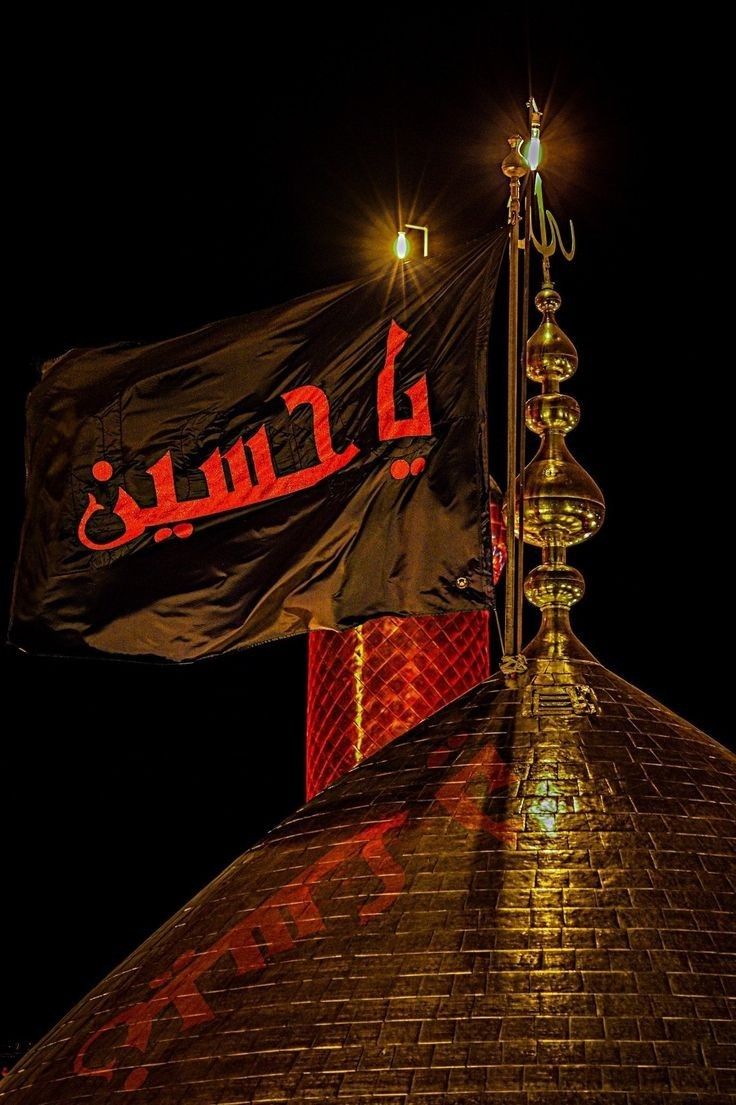

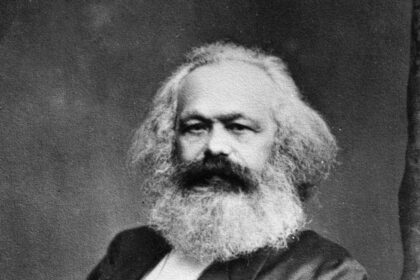
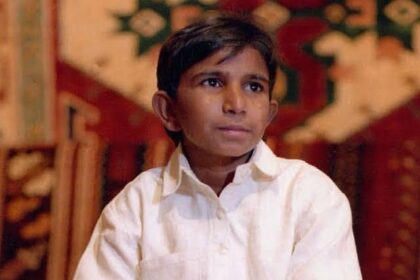

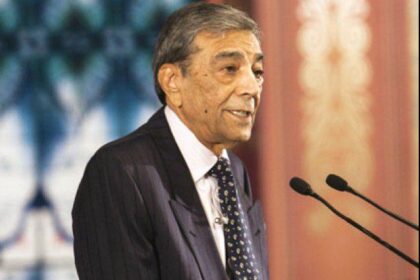
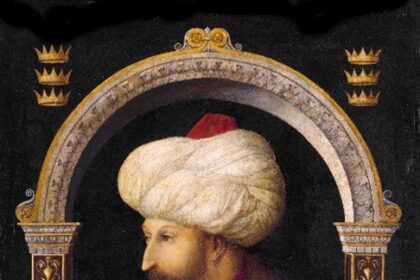
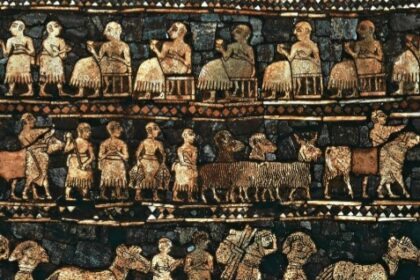
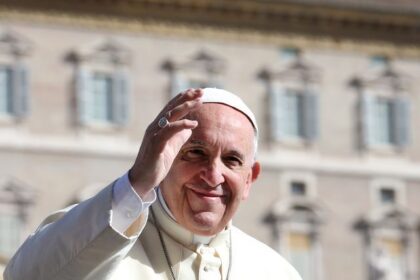


This is a great tribute to syed ushuhada Imam Hussain (A.S). Undoubtedly Hussain’s martyrdom is a lesson of patience,integrity and civilization for humanity I think it is not only a sacrifice but a complete code of life for humanity till dooms day. Almeen khan very skillfully and artistically dealt with the topic describing each aspect of this tragic end of our beloved imam and his holy family.